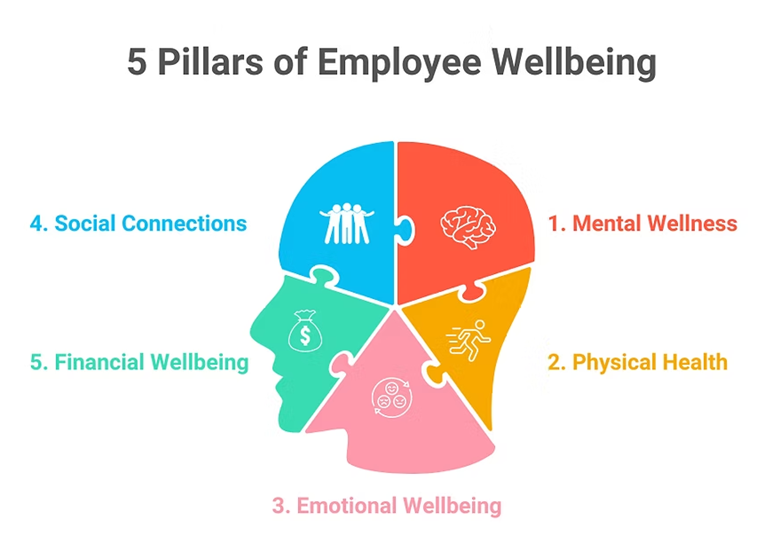“Our Principle is Not a Safety Culture: It’s a Culture of Safety”
- BUILD Team
- Apr 28, 2025
- 2 min read
Updated: May 1, 2025
Every company, no matter their size, industry, or focus on safety has “a safety culture.” Whether they rule with an iron fist, or don’t even talk about safety until the word “OSHA” is said aloud, that is, their “safety culture.”

Some companies can claim zero on-the-job injuries and say this reflects their “safety culture.” Other companies may injure multiple employees, every month… this too, is reflective of their “safety culture.”
For a company to truly be able to say that it puts the health & safety of its employees at the forefront of their mission, they must develop a true “Culture of Safety.” This means that each one of us comes to work each day with a shared commitment to making safety a priority in every facet of what we do. We don’t respond after-the-fact; we have each other’s backs. It’s literally just how we operate, ergo, it’s our culture.
We understand that just because I work in Department A, doesn’t mean I can’t point out something unsafe that’s about to hurt a fellow employee in Department B. It also means that when a fellow co-worker cares enough to point out an unsafe act to me, that I’m not offended, I’m grateful for them looking out for me!
Our safety team:

Across the Reed Family Companies, we continue to improve upon and evolve many of the steps necessary for us to truly develop a "Culture of Safety.” Focusing on the prevention of injuries & accidents by addressing leading indicators before they become post-event statistics; striving to deliver the highest quality of relevant training; seeking out continuous software improvements; encouraging Near-Miss Reporting without fear of reprisal; and holding daily JSA/Safety Tailgate meetings to start each day off with a focus on safety, just to name a few.

RFC is also unique in that we recognize the importance of our employees’ “Total Well Being.” Employees who better maintain their mental and physical health not only help themselves live a happier and more productive personal life—they add value to the RFC family by being a part of a Culture of Safety in that they’re mentally and physically prepared to work safely for
themselves and their fellow employees.
To encourage this, RFC provides monthly Toolbox Topics containing, to-the-point, easy to remember information to all of our employees. These “TBT’s” focus on your Total Well Being and quite often coincide with national health initiatives such as February’s Heart Health Month, April’s focus on Healthy Eating, or May’s Mental Health Awareness Month.
Developing a true Culture of Safety is obviously not an easy undertaking for any company, but it’s certainly not impossible either. It’s a team effort and one could say it’s the reason why the “S” in our S.E.R.V.I.C.E. principles stands, for a Culture of “S”afety.

Comments